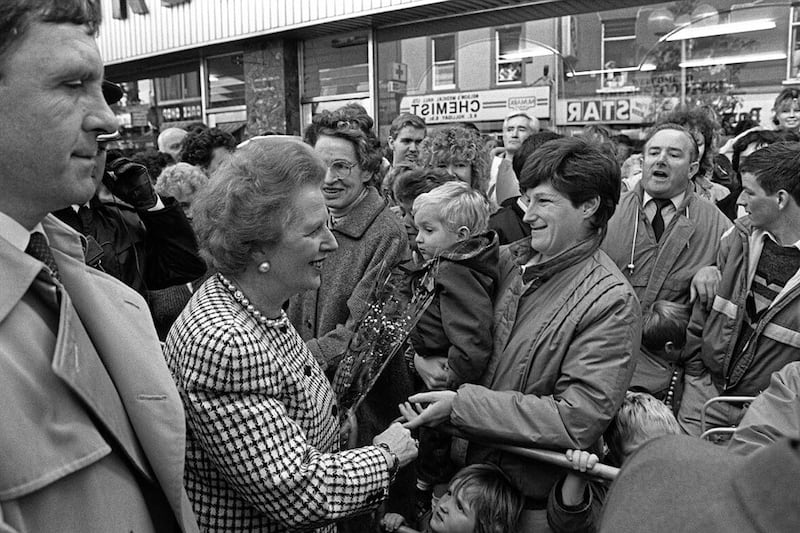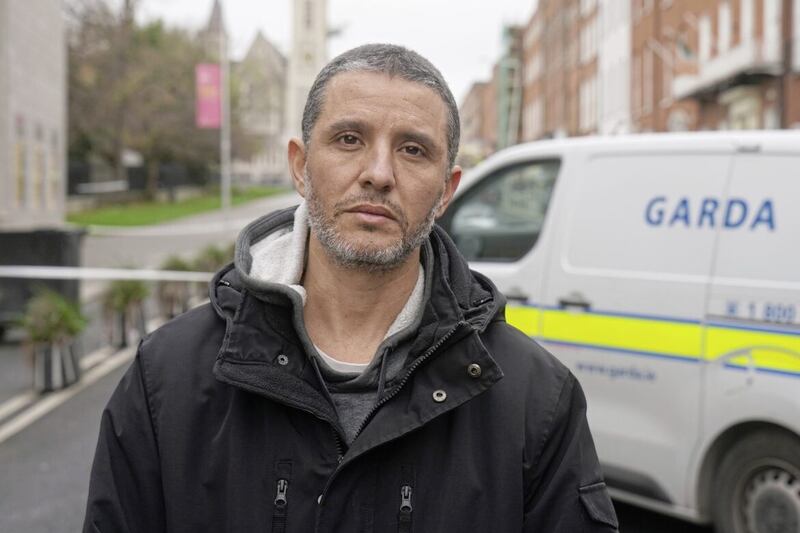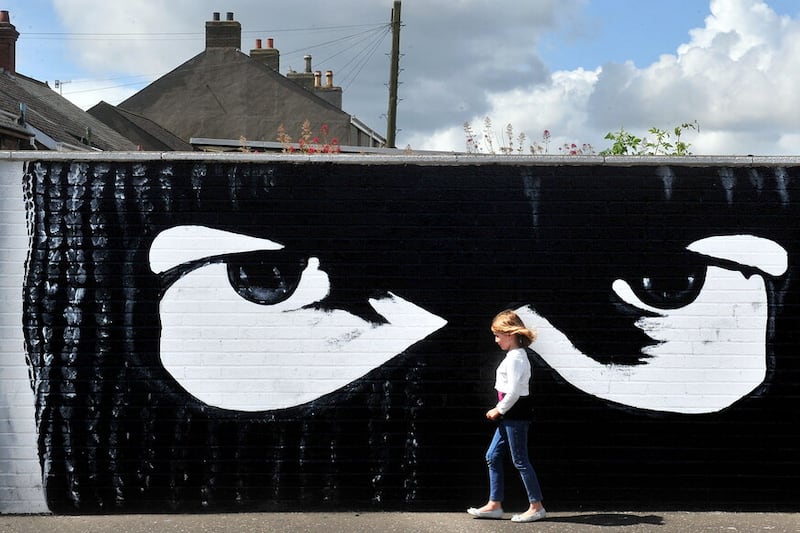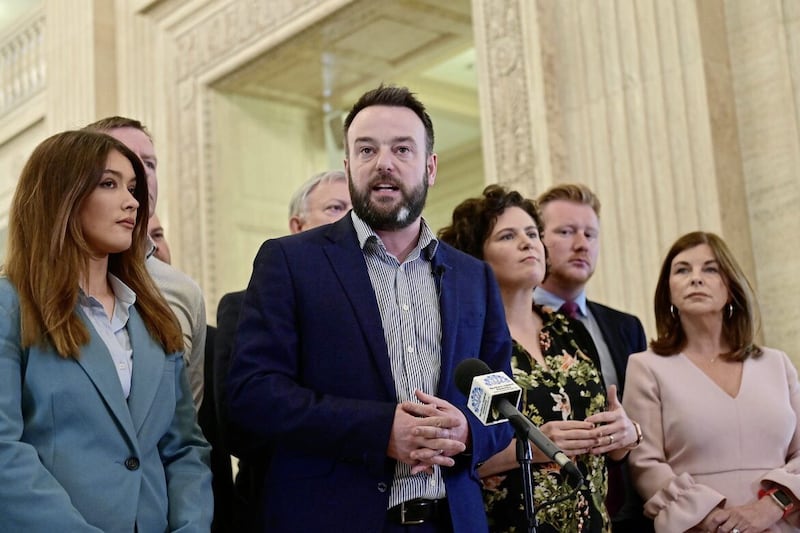Let’s get the hard stuff out of the way first.
I recognise the dangers of climate change. Only a Neanderthal doesn’t.
But watching thousands of politicians, celebrities, scientists, journalists and environmental junkies arriving in Glasgow, being chauffeured about, wined and dined over two weeks, creating more methane emissions than a hundred herds of Dexter cattle, was risible.
Leaving aside the pandemic, surely if ever a conference was more suited to being virtual - a climate change conference should top the bill.
Instead we were treated to dozing politicians, a sprinkling of celebrities and ageing rock stars lecturing us about saving the planet.
As private jets lined up at Glasgow airport the term double standards doesn’t even come close.
Even Boris Johnson flew from London to Glasgow. The 95-year-old Queen manages to travel by train to Scotland but not bungling Boris. Though in fairness, Johnson and some of his colleagues are doing their bit for the environment - including those working remotely from places like the Caribbean.
No wonder the one girl cyclone and environment champion Greta Thunberg said: “Blah blah blah”.
But Greta grated a bit too.
In her best Glaswegian, she sang: “You can stuff your climate change up your a**e!”
All well and good Greta but stop blaming older generations (and not so old) for the whole problem of global warming.
This writer is not quite in the autumn of life. Perhaps a late Indian summer. Those my age and older are not the sole culprits.
We came from a time of make do and mend. Money was tight and the credit union - not the bank - was a family’s best friend.
We were not caught up in a world of must-have branded trainers. In fact, our runners had one brand name -“gutties”. (To this day your writer is a hoarder throwing nothing away which could come in handy).
So precious were school books they were ‘backed’ with leftover wallpaper. Clothes were worn until they wore out or handed down. Patches on jumpers and jackets weren’t fashion accessories. Food waste was non existent as only two things were on the menu, “take it or leave it.’
Older generations grew up with trains and trams as regular public transport.
Even my generation washed and returned milk bottles. Mineral bottles too. It’s not rocket science to inject some common sense back into the environmental debate. Look at what we used to do.
Parents could give a lead but so too could students. Driving to a bus stop that’s five hundred yards away is pure madness. School journeys in the UK account for 363,000 tonnes of C02 in the atmosphere each year.
That a new generation is concerned about the future of the planet and the environment is a good thing but it will take more than sloganeering and protest marches. As for those glueing themselves to motorways - well there are wiser eating grass.
Younger people should take a closer look at the High Street brands pitching fast fashion to them. Average consumers (mostly Generation Y) buy 60 per cent more clothes than fifteen years ago. They are actively encouraged to discard cheap clothes and buy new. The result is that only 12 per cent of textiles ever get recycled. The fashion industry is responsible for 10 per cent of all greenhouse gas emissions and textile production is responsible for 20 per cent of global waste water. Some fashion houses are in catch up mode.
Edwin Poots’ suggestion to raise the tax on plastic bags from 5p to 25p is well intentioned but misdirected. Working families and seniors can ill afford this.
The time has come to focus on the corporates who still manage to profit from correcting the environmental damage they created.
Let’s not be green about the blame for environmental shame.









